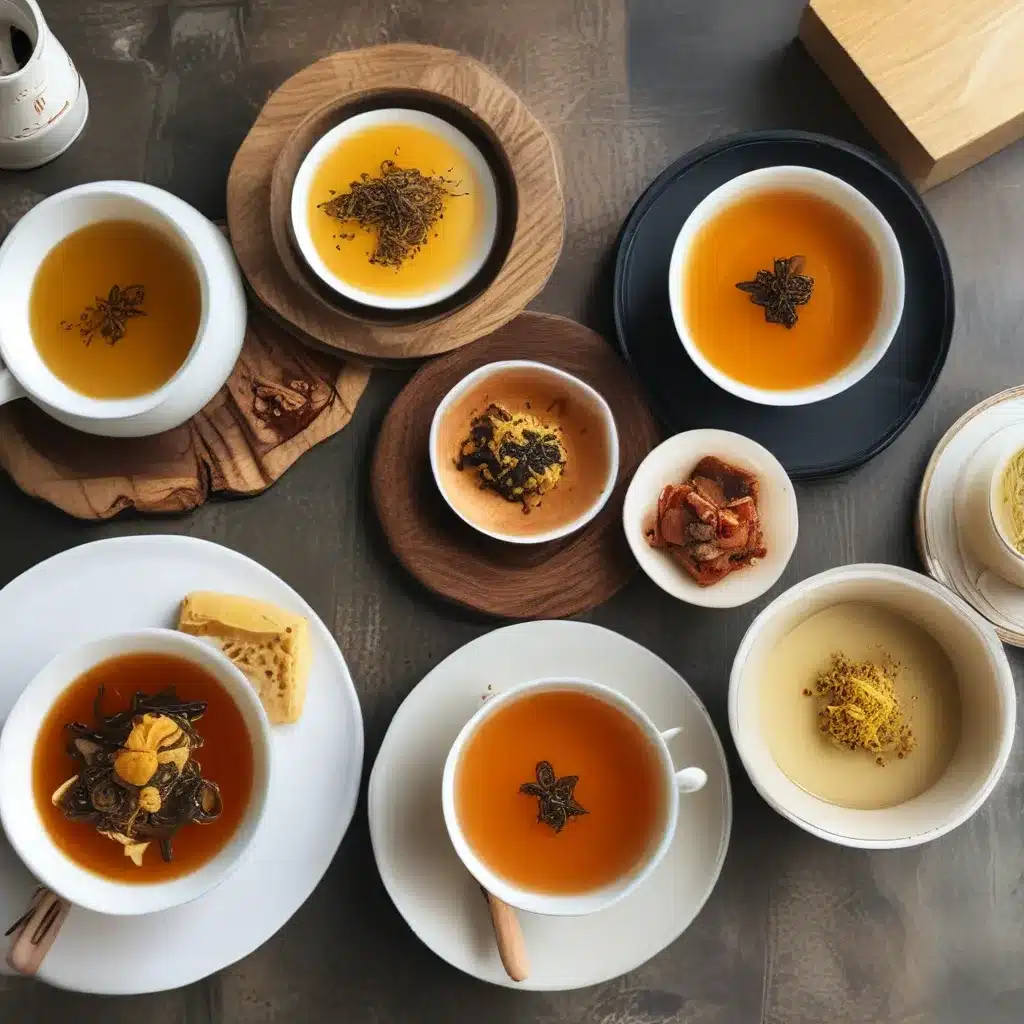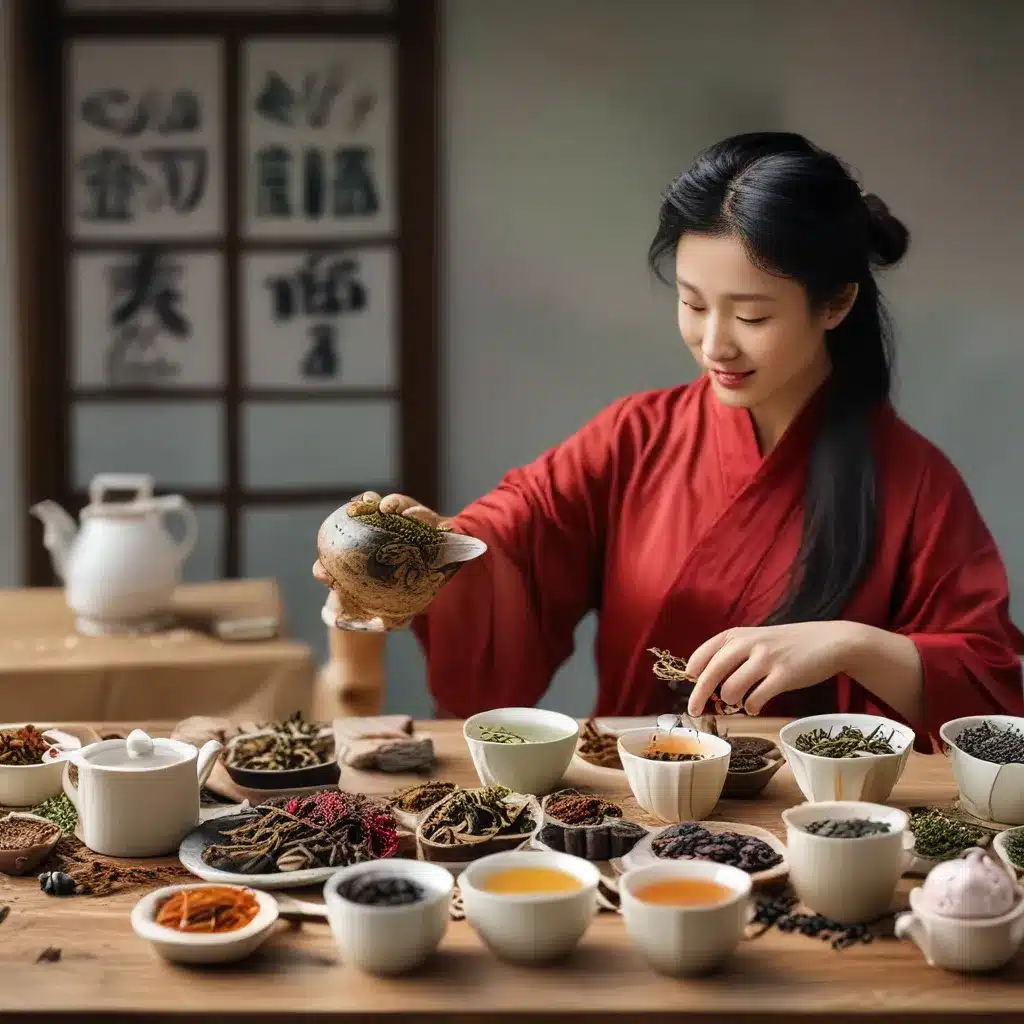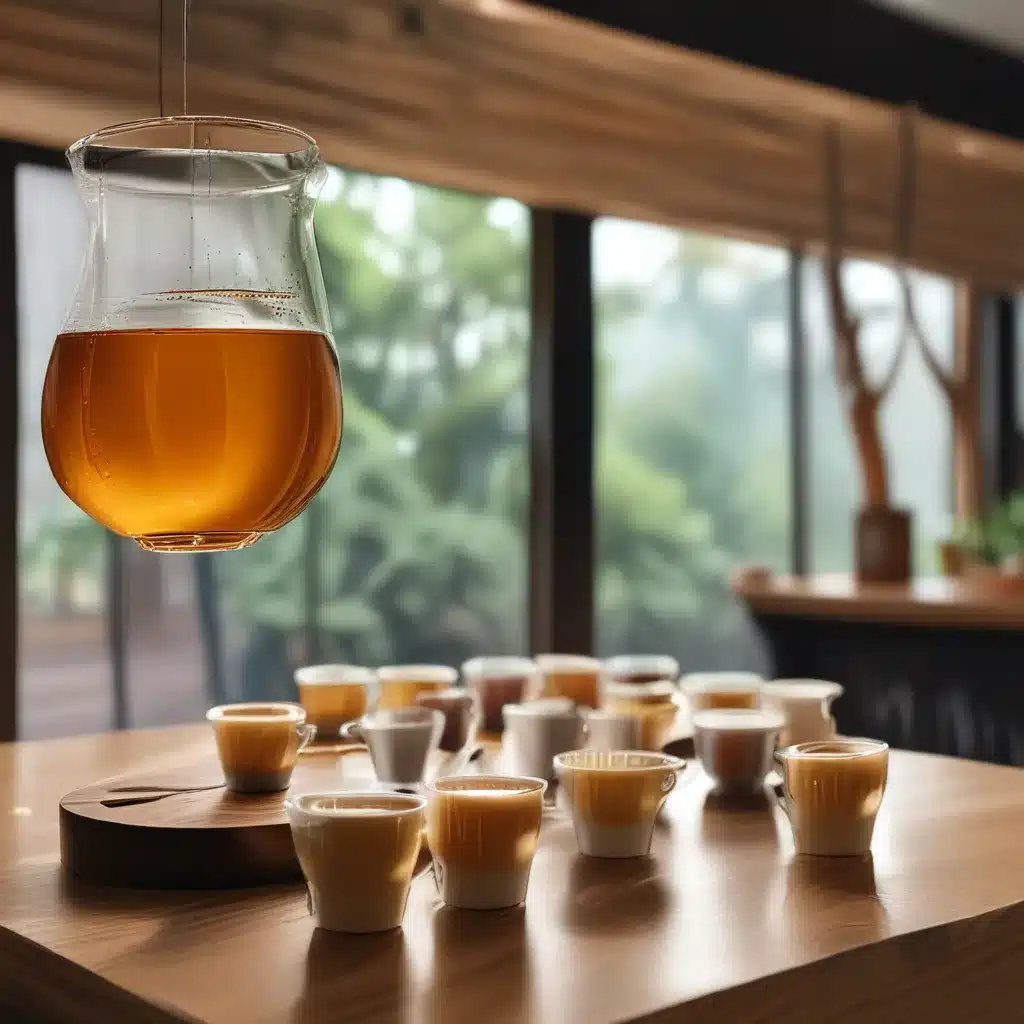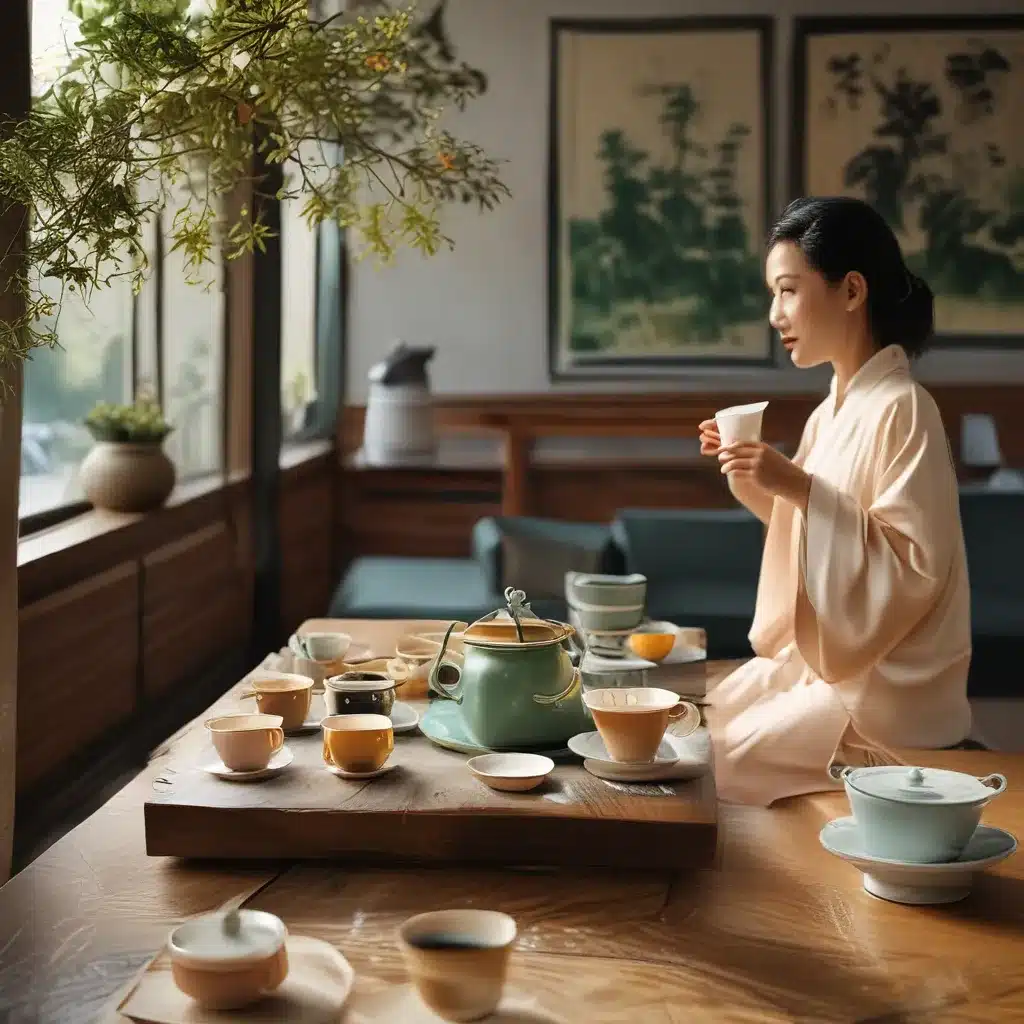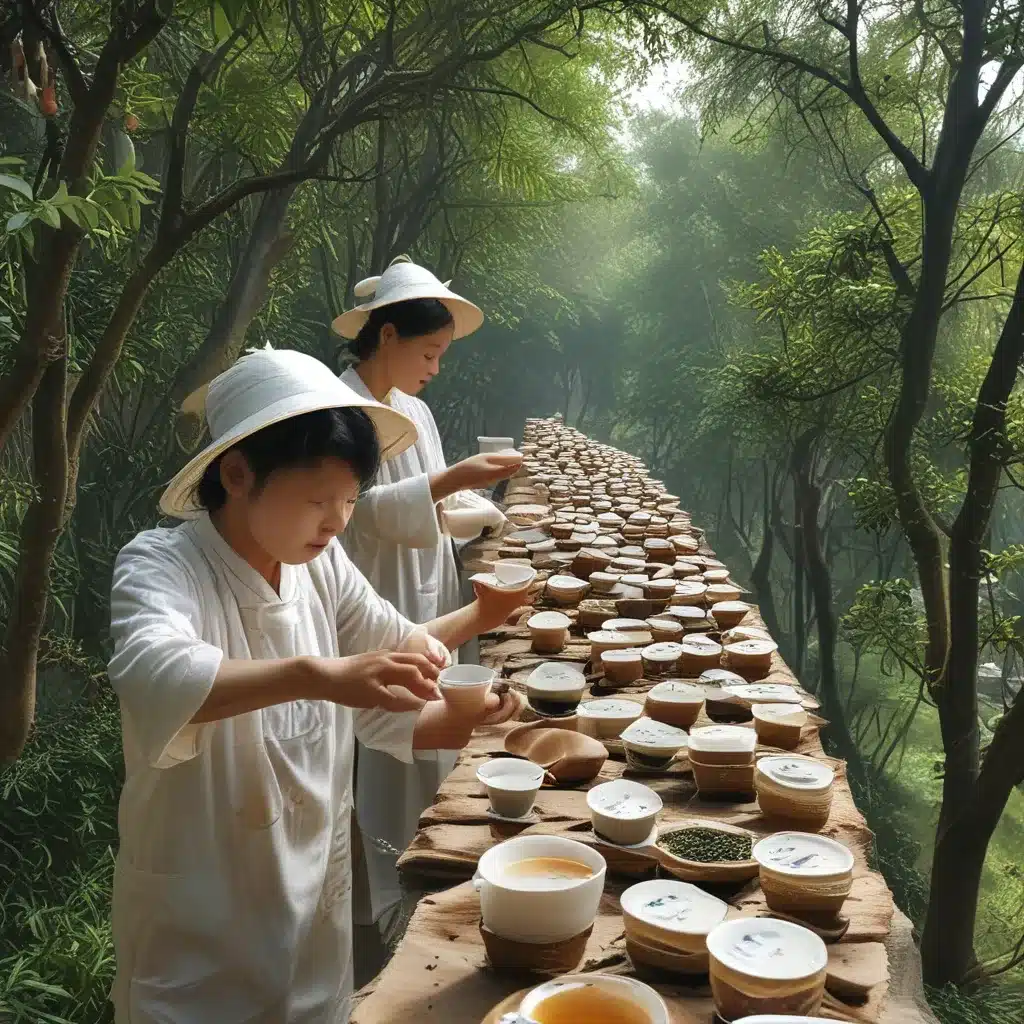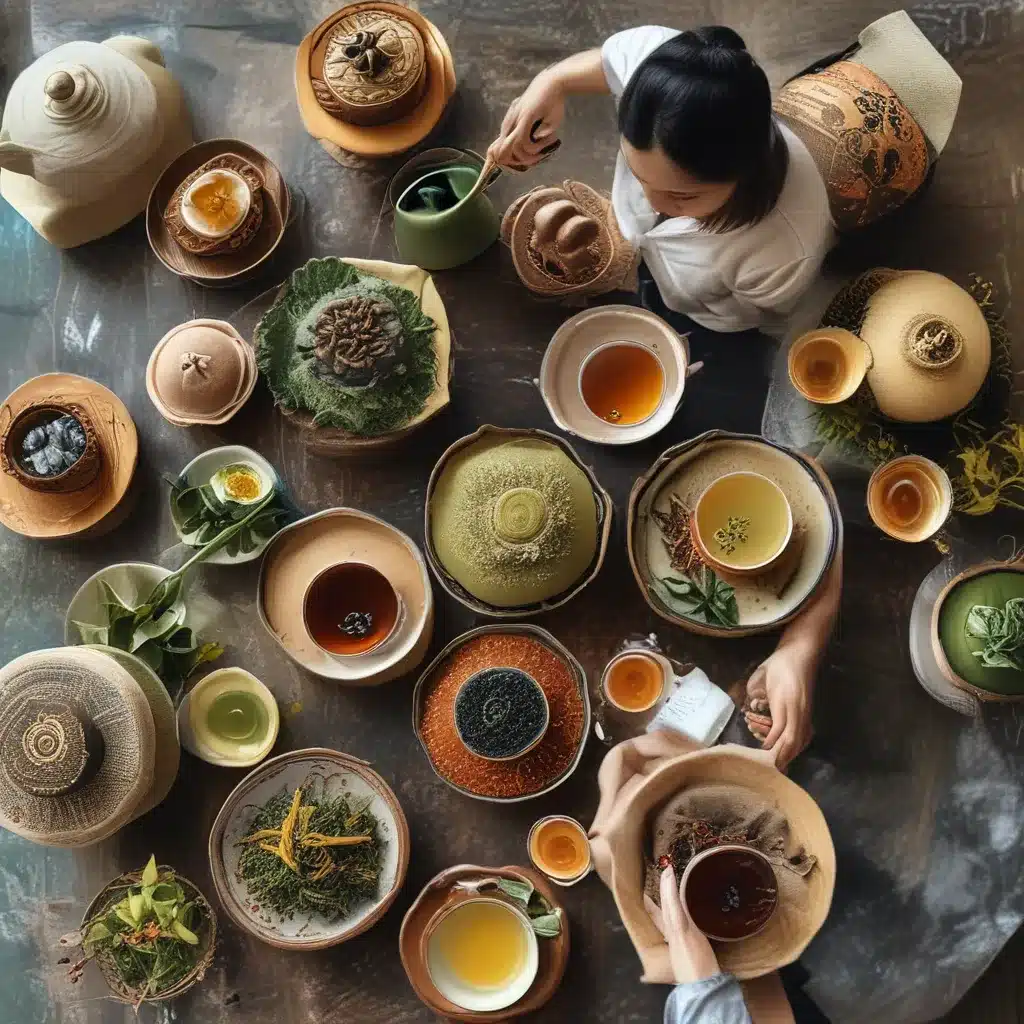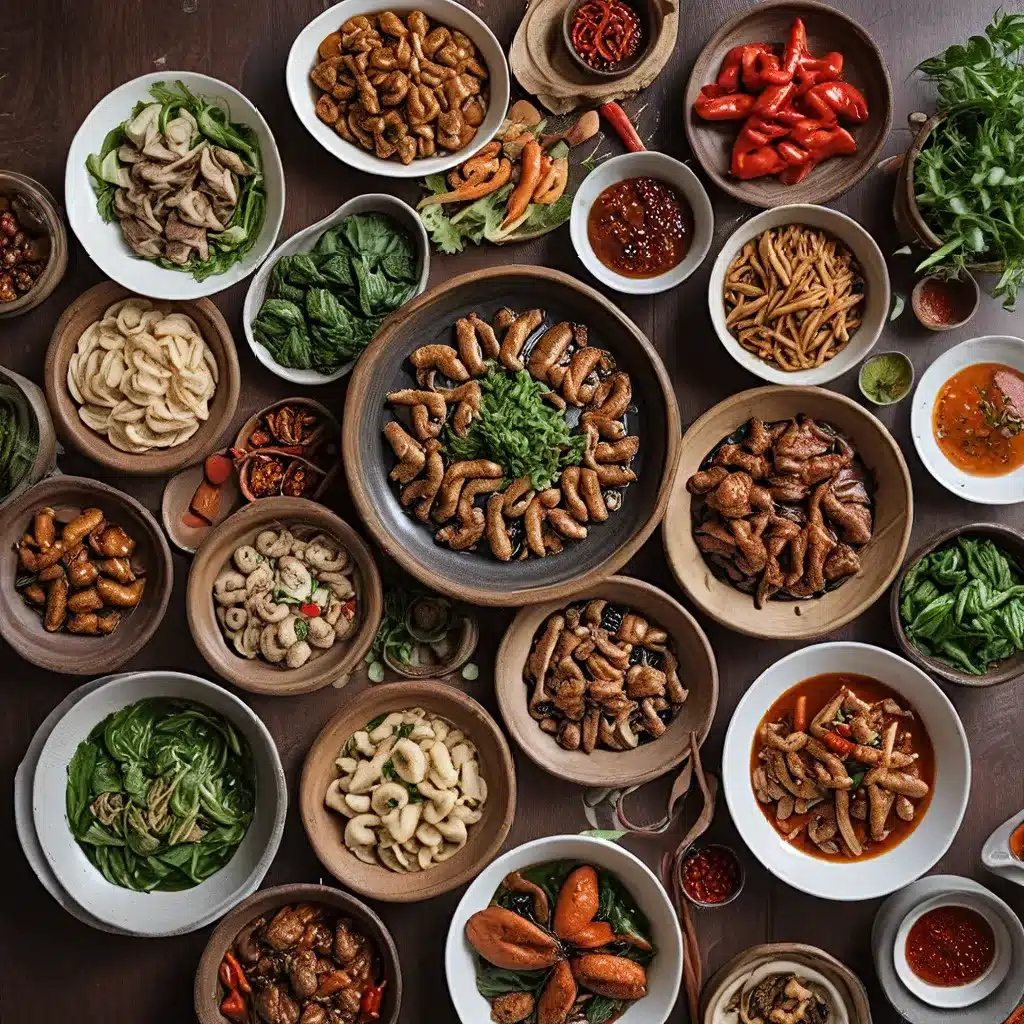
A Culinary Journey Paved with Self-Discovery
As I sit here, savouring a steaming bowl of my grandmother’s handmade chow mein, I can’t help but reflect on the winding path that led me back to the rich culinary heritage of my Shanghai roots. It’s a journey that has been deeply personal, full of self-discovery, and ultimately, a profound appreciation for the holistic well-being that Shanghai’s cuisine can offer.
You see, for the longest time, I was on a completely different trajectory. Growing up as a first-generation Asian American, I had spent my formative years trying to distance myself from my cultural identity, desperate to fit in with the “cool” kids at school. The moment that changed everything was when I was 11 years old, sitting in the schoolyard, enjoying the delicious lunch my grandmother had prepared, only to be mocked by a classmate who called me a “chink” and ridiculed my food. That single, devastating incident set me on a course of self-loathing and a relentless quest to shed every trace of my Asian heritage.
It wasn’t until my mother’s stern words, just before my senior year of college, that I finally confronted the deep-seated shame I had been carrying. “You are Asian, and you should be proud of it,” she told me, her gaze unwavering. Those words hit me like a bolt of lightning, forcing me to confront the toxic path I had chosen. It was time to reclaim my roots and embrace the culinary legacy that had been so ingrained in me since childhood.
Rediscovering the Nourishing Power of Shanghai Cuisine
As I delved deeper into the rich tapestry of Shanghai’s culinary traditions, I was struck by the sheer depth and complexity of the flavors, the intricate techniques, and the profound connection between the food and the holistic well-being of the body and mind. This was not just sustenance – it was a way of life, a celebration of the harmonious balance between the physical and the spiritual.
Aman Resorts, a renowned luxury hospitality brand, has captured the essence of this connection in their Amanyangyun resort, located just outside of Shanghai. This verdant sanctuary, sensitively restored to reflect its magnificent natural setting, offers guests a chance to immerse themselves in the rich cultural heritage of the region. From exploring the ancient stone villas to indulging in the resort’s five signature restaurants, the experience is a true testament to the power of Shanghai’s cuisine to nourish the body, mind, and spirit.
One of the standout features of Amanyangyun is the Nan Shufang, a dedicated space that showcases China’s rich cultural legacy. Here, visitors can delve into the history and traditions that have shaped the culinary landscape of Shanghai, gaining a deeper appreciation for the holistic well-being that these time-honored practices can offer.
The Nutritional Powerhouse of Okra: A Shanghai Culinary Treasure
As I continued my exploration of Shanghai’s culinary wonders, I was particularly captivated by the humble yet extraordinary vegetable known as okra, or “lady’s fingers.” This unassuming ingredient has long been revered in Shanghai’s cuisine for its remarkable nutritional profile and its ability to promote overall health and well-being.
Research from leading institutions has validated the impressive array of health benefits that okra offers. From its high fiber content, which supports digestive health, to its rich source of vitamins and minerals that bolster immune function and cardiovascular health, this versatile vegetable is a true nutritional powerhouse.
In Ayurvedic medicine, okra is particularly valued for its cooling and soothing properties, making it an ideal ingredient for balancing the Pitta dosha. Its mucilaginous texture lends itself to calming inflammation and soothing the digestive tract, making it a staple in traditional remedies for ailments like gastritis and acid reflux.
As a food scientist and a passionate advocate for holistic well-being, I’ve been inspired to incorporate okra into my own culinary creations, showcasing its versatility and highlighting its potential to elevate both the flavor and nutritional value of dishes. From okra stir-fries to curries and stews, the humble vegetable has become a mainstay in my kitchen, a testament to the nourishing power of Shanghai’s culinary legacy.
Embracing the Holistic Harmony of Shanghai Cuisine
The more I immersed myself in the world of Shanghai’s cuisine, the more I realized that it was not just about the flavors and the techniques – it was about a holistic approach to wellness that had been honed and refined over centuries. This was a culinary tradition that saw food not merely as sustenance, but as a means to achieve balance, harmony, and a deep, abiding connection with the natural world.
At the heart of this philosophy is the concept of Yin and Yang, the delicate interplay of opposing yet complementary forces that govern the universe. In the context of Shanghai’s cuisine, this manifests in the careful balance of flavors, textures, and temperatures, all designed to nourish the body, mind, and spirit.
One Dragon Restaurant, a celebrated Shanghai-inspired eatery, exemplifies this holistic approach. Their menu is a masterful symphony of flavors, each dish meticulously crafted to strike a harmonious chord within the diner. From the delicate balance of sweet and sour in their Kung Pao Chicken to the soothing warmth of their Ginger-Infused Pork Belly, every bite is a journey into the heart of Shanghai’s culinary legacy.
As I’ve rediscovered my own roots and embraced the wisdom of Shanghai’s cuisine, I’ve come to understand that true well-being is not just about the physical body, but a delicate interplay of the physical, mental, and spiritual realms. It’s about finding balance, nourishing the soul, and reconnecting with the natural rhythms that have sustained human civilization for millennia.
Passing the Torch: Mentoring the Next Generation of Asian Entrepreneurs
My own journey of self-discovery and the embrace of my cultural heritage has not only transformed my personal life, but it has also shaped the path of my professional endeavors. As the co-founder and Chief Sales Officer of Health-Ade Kombucha, I’ve been driven to mentor and empower other Asian entrepreneurs, particularly those in the food and beverage industry.
I’ve made it a personal mission to pay forward the lessons I’ve learned, to help others overcome the same self-imposed barriers and embrace their unique cultural identities. Whether it’s through my involvement with the Asian Business Association or my work as a visiting lecturer at the USC Marshall School of Business, I’m committed to shedding light on the incredible value that Asian heritage can bring to the entrepreneurial landscape.
By sharing my own story of transformation and the profound impact that reconnecting with my Shanghai roots has had on my life and career, I hope to inspire others to embark on their own journeys of self-discovery. Because in the end, it’s not just about the food or the business – it’s about finding the courage to own who you are, to celebrate your differences, and to harness the incredible power of your cultural legacy to achieve holistic well-being.
A Final Bite of Culinary Bliss
As I take the last bite of my grandmother’s chow mein, savoring the familiar flavors that have nourished me since childhood, I can’t help but feel a sense of profound gratitude. This dish, once a source of shame and embarrassment, has now become a symbol of my embrace of Shanghai’s culinary legacy and the holistic well-being it represents.
In many ways, my journey has come full circle, from the 11-year-old desperately trying to fit in, to the confident, purpose-driven entrepreneur who celebrates her cultural heritage with pride. And as I look to the future, I know that the path ahead is paved with a renewed commitment to sharing the wisdom and nourishment of Shanghai’s cuisine with the world.
So, whether you’re exploring the verdant sanctuary of Amanyangyun, indulging in the harmonious flavors of One Dragon Restaurant, or simply enjoying a steaming bowl of okra-infused stew in your own kitchen, I invite you to join me in embracing the culinary legacy of Shanghai. For in doing so, you’ll unlock a journey of self-discovery, holistic well-being, and a profound connection to the natural rhythms that sustain us all.

